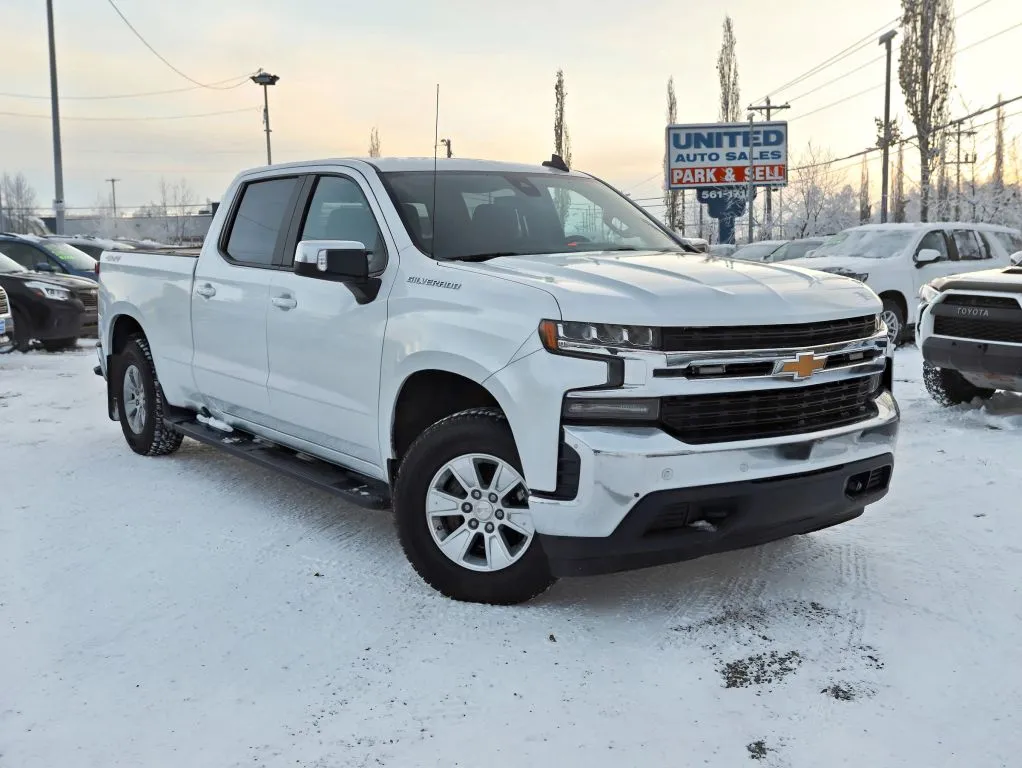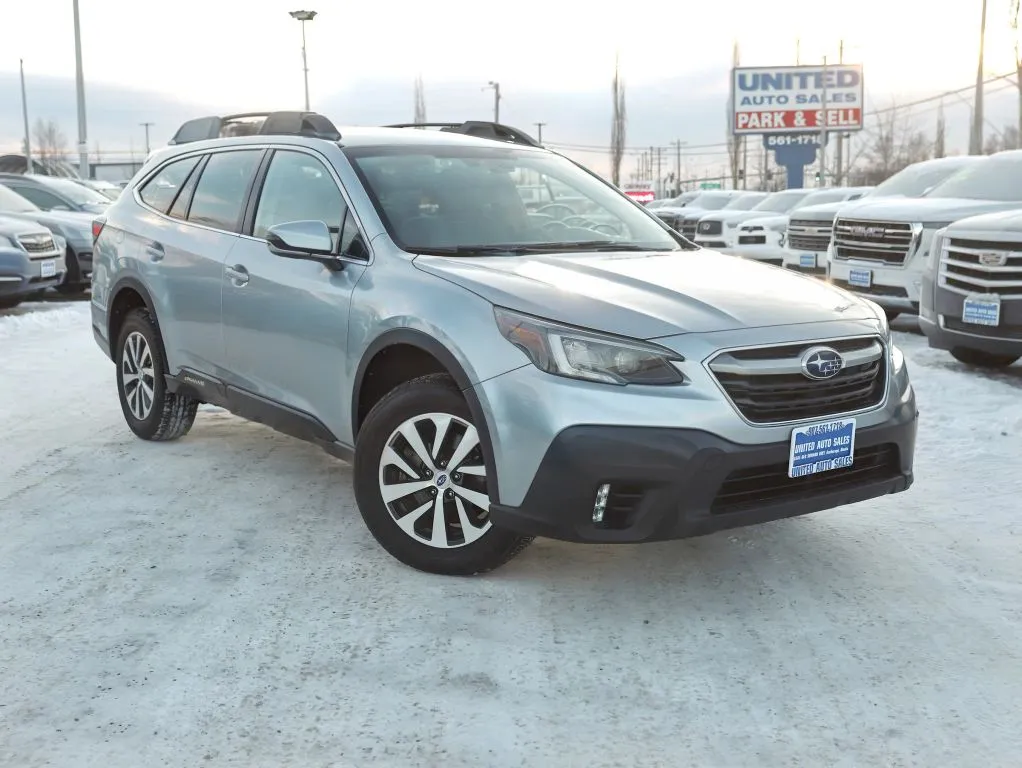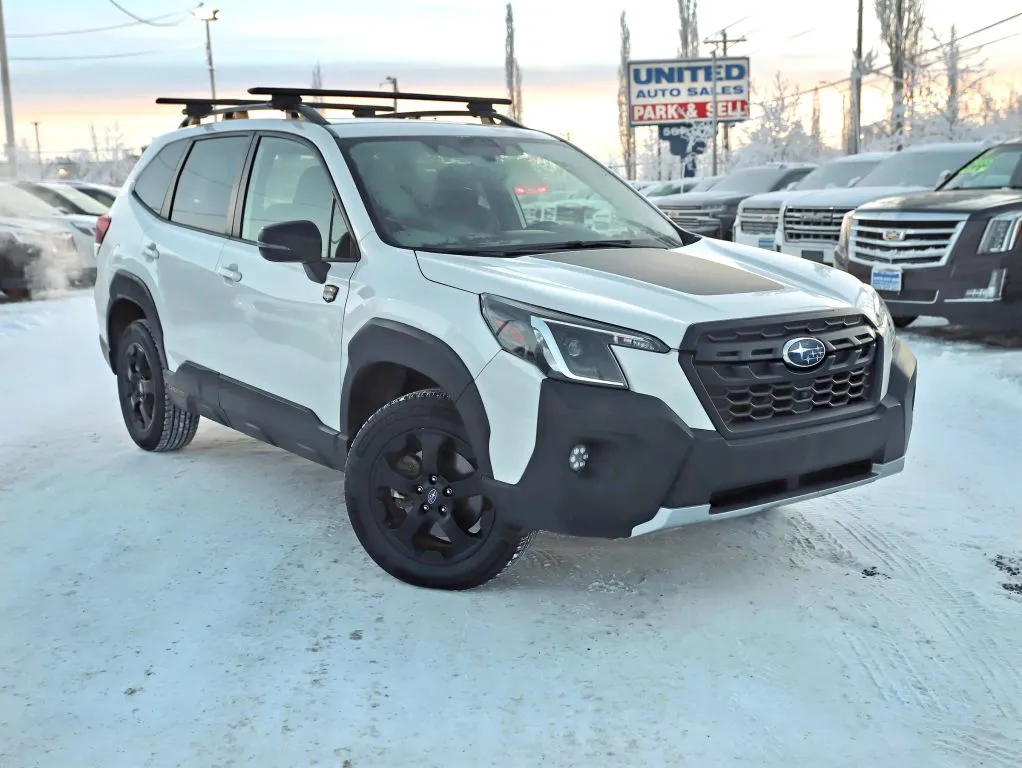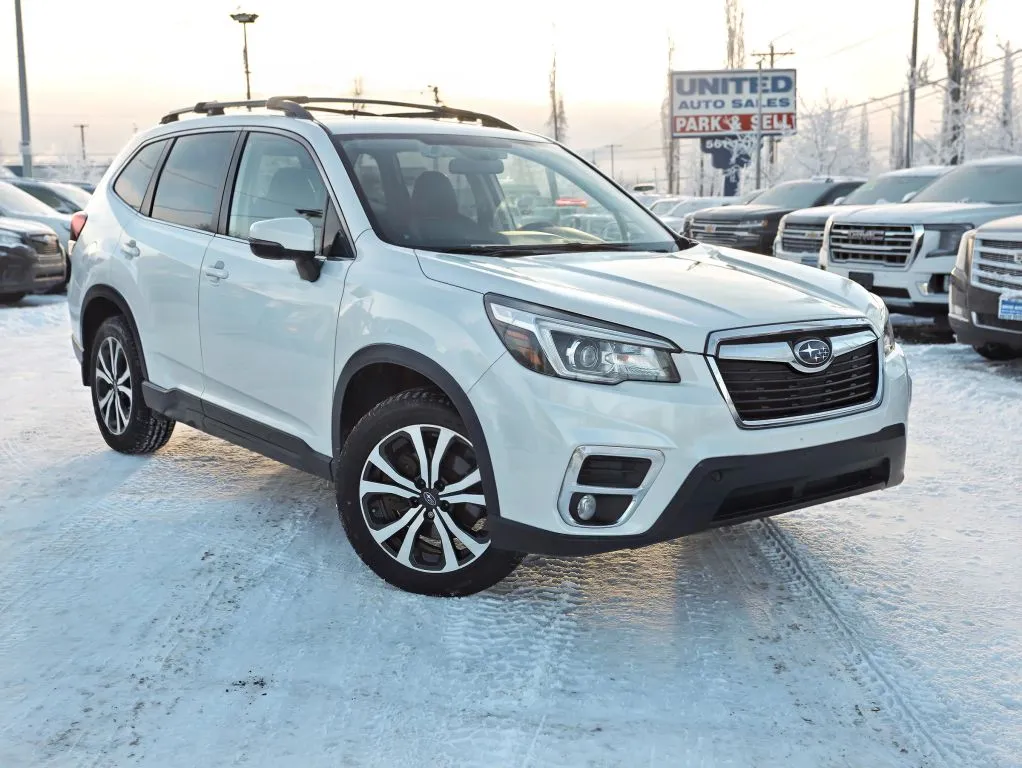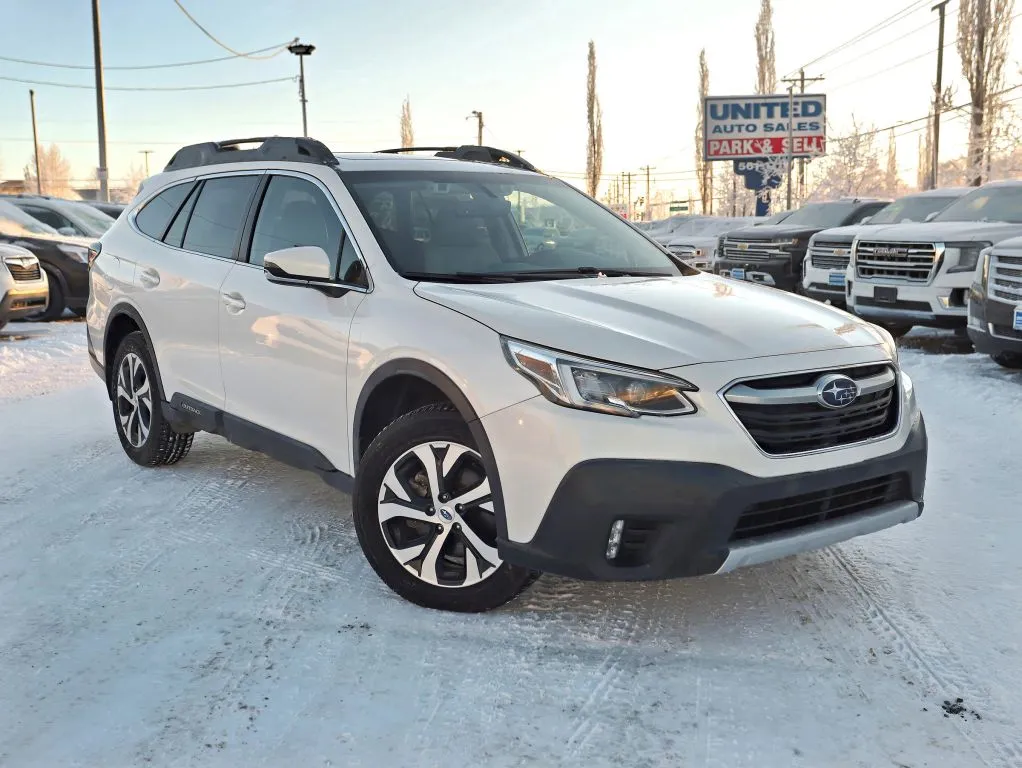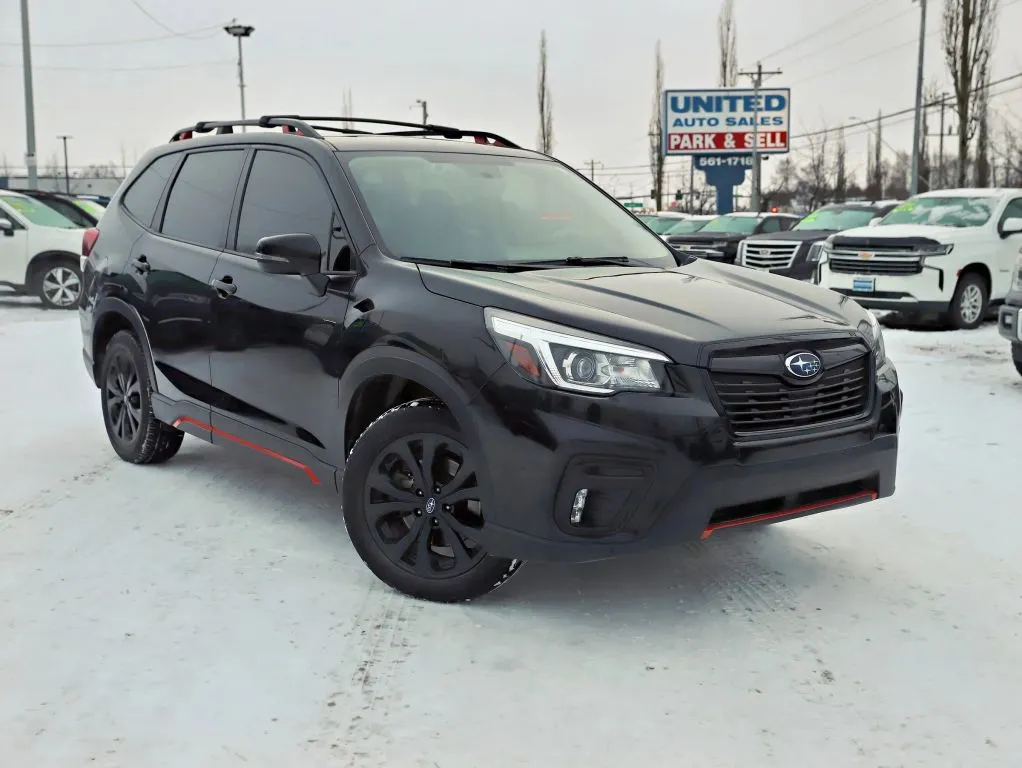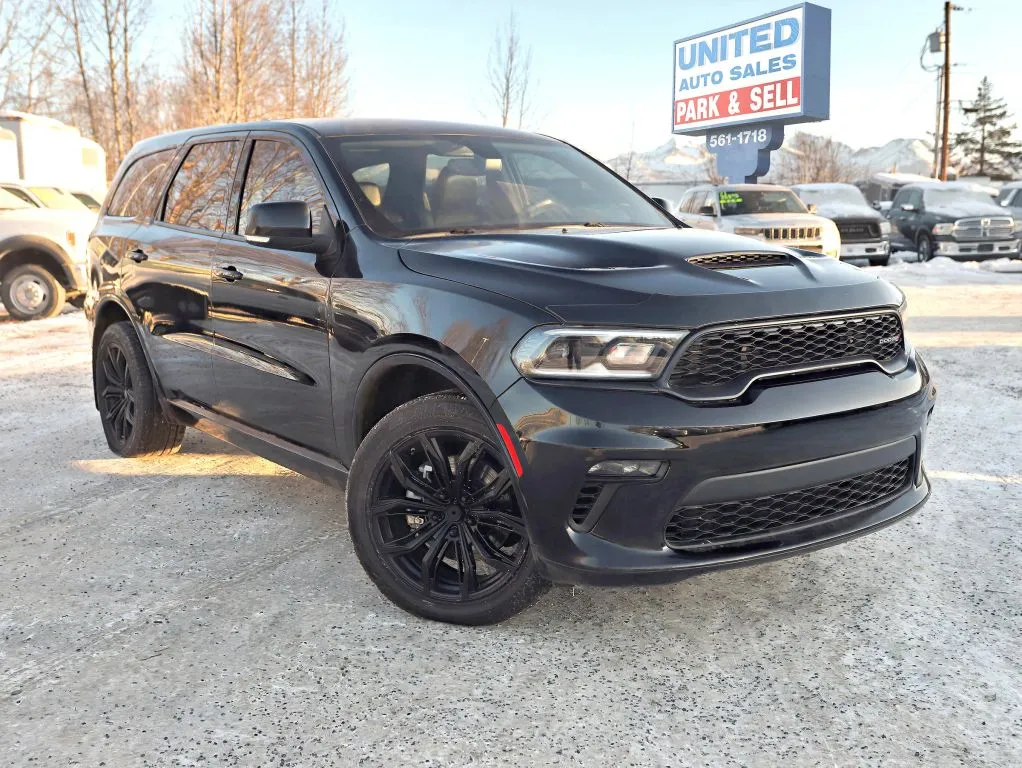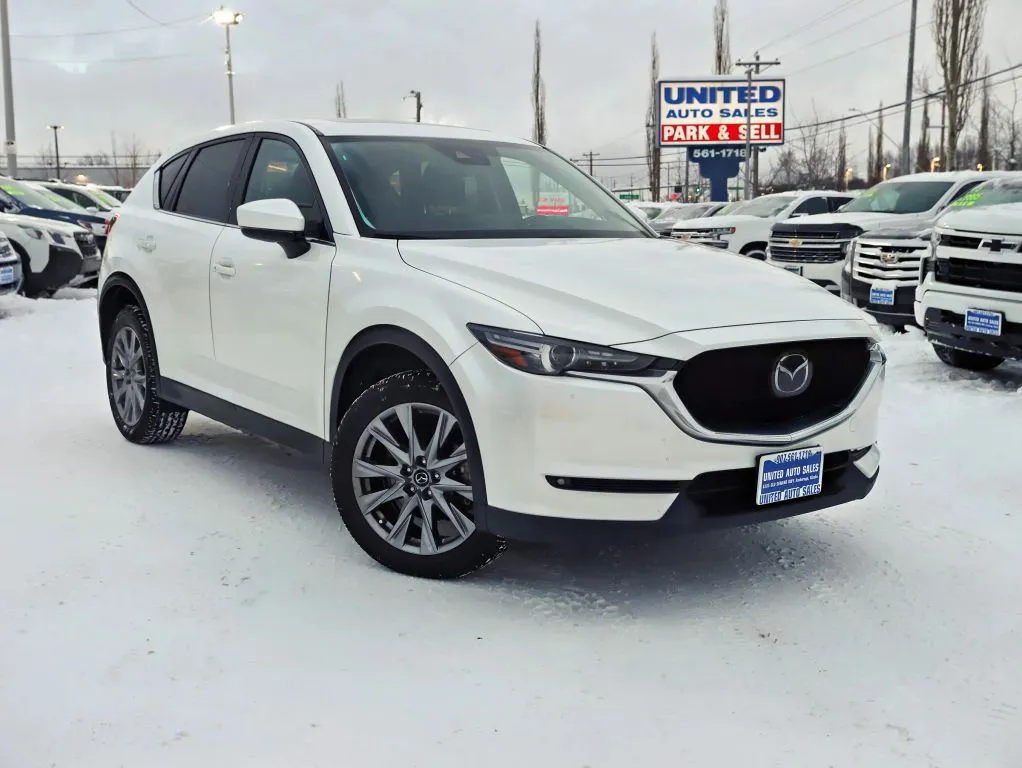5 Pros and Cons of Buying a Used Car
Table of Contents
Purchasing a vehicle is a significant financial decision for many individuals and families. While new cars offer the latest features and a warranty for peace of mind, the allure of saving money with a used car is strong. In this article, we'll explore the advantages and disadvantages of buying a used car, helping you make an informed decision that aligns with your budget, lifestyle, and preferences.

Pros of Buying a Used Car
1. Cost Savings: The most compelling advantage of buying a used car is the potential for significant cost savings. Depreciation is steepest in the first few years of a car's life, meaning you can buy a car that’s a few years old for a fraction of its original price. Additionally, lower purchase prices often translate to lower down payments and monthly payments, making used cars more accessible to a broader range of buyers.
2. Lower Insurance Rates: Used cars are generally cheaper to insure than new cars. The value of the vehicle is a primary factor that insurance companies consider when determining premiums. Since used cars have a lower value than new ones, the cost to insure them is typically less.
3. Depreciation Benefits: New cars depreciate rapidly, losing a significant portion of their value within the first year. Used cars depreciate more slowly, meaning they can retain more of their purchase value for a longer period, making them a smarter investment in some cases.
4. Variety of Choices: The used car market offers a wider variety of models, years, and options. This vast selection allows buyers to find rare, discontinued models or opt for higher-end features and trims that would be unaffordable in a new car.
5. Certified Pre-Owned Options: Many manufacturers offer certified pre-owned (CPO) programs that include thorough inspections and extend the original warranty. CPO vehicles provide a middle ground, offering some of the reliability and warranty benefits of a new car with the cost savings of a used car.
Cons of Buying a Used Car
1. Uncertain History: One of the biggest challenges when buying a used car is the uncertainty regarding its past use, maintenance, and accident history. Even with vehicle history reports, some aspects of the car's history may be unknown or unreported, posing a risk to the buyer.
2. Higher Maintenance and Repair Costs: Used cars are typically closer to needing major repairs or replacement of wear-and-tear parts (like tires and brakes). While the initial purchase price is lower, owners may face higher maintenance and repair costs sooner than with a new car.
3. Limited Warranty: Unless you're purchasing a CPO vehicle, used cars often come with a limited warranty or no warranty at all. This lack of warranty means buyers will be responsible for all repair and maintenance costs out of pocket.
4. Less Efficient Financing: Financing rates for used cars are generally higher than for new cars. Banks and financial institutions view used cars as higher risk, leading to less favorable loan terms and higher interest rates for buyers.
5. Technology and Safety Features: Used cars may not have the latest technology, safety features, or fuel-efficiency improvements found in new models. This gap can mean missing out on significant advancements in vehicle safety, comfort, and performance.
Final Words
Buying a used car presents a mix of opportunities and challenges. The decision hinges on prioritizing cost savings and variety over the assurance of a new vehicle's warranty and cutting-edge features. By carefully considering the pros and cons outlined above, conducting thorough research, and performing due diligence during the buying process, you can navigate the complexities of the used car market and make a choice that best suits your financial situation and personal preferences. Remember, whether new or used, a car is a significant investment, and the goal is to find the best value and reliability for your investment.

